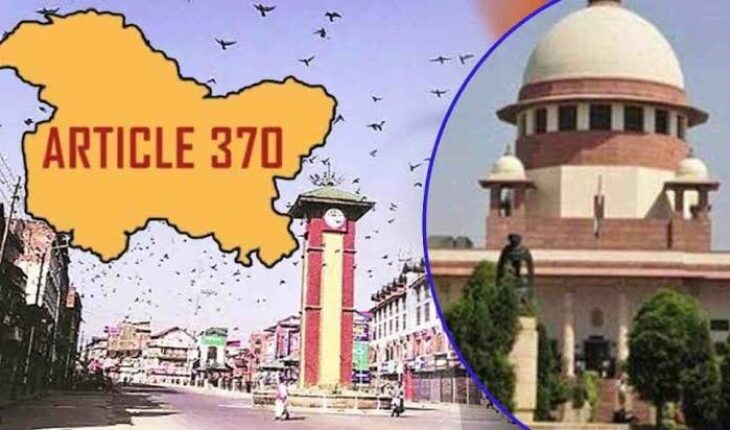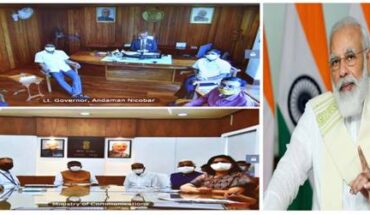Striking a blow for citizens’ freedom of expression, the Supreme Court Thursday overturned a criminal case against Professor Javed Ahmad Hajam. The professor, hailing from Baramulla in Kashmir and working in Maharashtra, faced legal action for terming the day of the withdrawal of Article 370’s as a “black day” for Jammu and Kashmir in his WhatsApp status messages.
The Bench, comprising Justices Abhay S. Oka and Ujjal Bhuyan, asserted that labeling August 5 as a black day for J&K was an expression of the petitioner’s individual perspective.
“It does not reflect any intention to do something which is prohibited under Section 153A. At best, it is a protest, which is a part of his freedom of speech and expression guaranteed by Article 19(1)(a),” the Bench said.
The Supreme Court criticized the Bombay High Court’s decision not to quash the FIR, contending that it overestimated the potential for stirring emotions among citizens. Instead, the Court highlighted the significance of democratic values prevailing over fear of dissent.
In a related development, the Court defended Professor Hajam’s right to extend goodwill to Pakistan on its Independence Day, asserting that such gestures promote international harmony without necessarily inciting hatred. The Bench ruled that motives cannot be attributed based solely on an individual’s religious affiliation.
“If a citizen of India extends good wishes to the citizens of Pakistan on 14th August, which is their independence day, there is nothing wrong with it. It is a gesture of goodwill,” the Bench said.
“In such a case, it cannot be said that such acts will tend to create disharmony or feelings of enmity, hatred or ill will between different religious groups. Motives cannot be attributed to the appellant only because he belongs to a particular religion,” the Bench ruled.
Moreover, the Supreme Court called for enhanced education within the police force on the concept of freedom of speech and expression as guaranteed by the Constitution. It emphasized the need for police officers to comprehend and respect democratic values, recognizing the reasonable extent of restraint on individuals’ freedom of expression.






